This website uses cookies to ensure you get the best experience on our website.
- Table of Contents
Facts about Receptor-type tyrosine-protein phosphatase U.
May function in cell proliferation and migration and play a part in the maintenance of epithelial integrity. May play a role in megakaryocytopoiesis.
| Human | |
|---|---|
| Gene Name: | PTPRU |
| Uniprot: | Q92729 |
| Entrez: | 10076 |

| Belongs to: |
|---|
| protein-tyrosine phosphatase family |

FMI; GLEPP1; hPTP-J; pancreatic carcinoma phosphatase 2; PCP2; PCP-2; pi R-PTP-Psi; protein tyrosine phosphatase J; protein tyrosine phosphatase, receptor type, U; protein-tyrosine phosphatase J; protein-tyrosine phosphatase pi; PTP pi; PTP; PTP-J; PTP-PI; PTPPSI; PTPRO; PTP-RO; PTPRU; Receptor protein tyrosine phosphatase hPTP-J; R-PTP-PSI; R-PTP-U
Mass (kDA):
162.423 kDA

| Human | |
|---|---|
| Location: | 1p35.3 |
| Sequence: | 1; NC_000001.11 (29236522..29326802) |
High levels in brain, pancreas, and skeletal muscle; less in colon, kidney, liver, stomach, and uterus; not expressed in placenta and spleen. Also detected in heart, prostate, lung, thymus, testis and ovary. Ubiquitously expressed in brain. Expressed by hematopoietic stem cells.
Cell junction. Cell membrane; Single-pass type I membrane protein.





PMID: 8870675 by Crossland S., et al. Molecular cloning and characterization of PTP pi, a novel receptor- like protein-tyrosine phosphatase.
PMID: 8700514 by Wang H.-Y., et al. Characterization of PCP-2, a novel receptor protein tyrosine phosphatase of the MAM domain family.